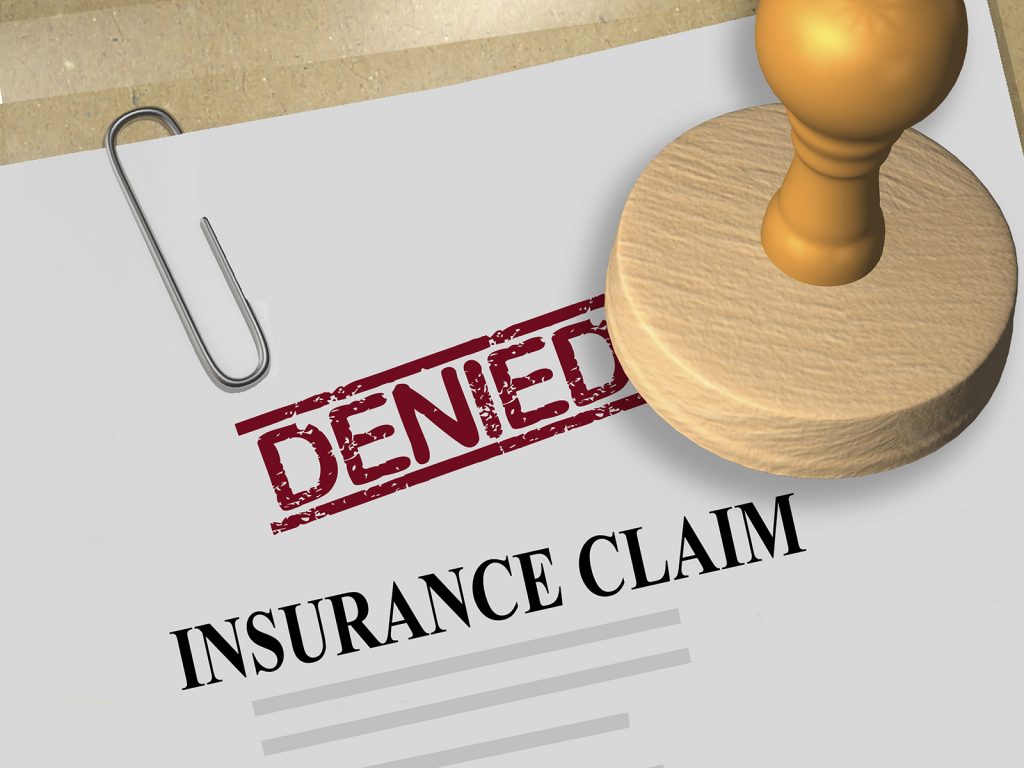
A clean dental claim is crucial for the efficient processing of claim submissions. And if the insurance company decides to deny the coverage to your patient, in that case, the best approach is an appeal request for reprocessing and reconsideration of a claim.
Dental claim appeals are necessary for situations where you feel that you should get paid or you paid less for the rendered services. Timely filing is the foremost step for getting paid for your hard work. Later, CDT codes keep on updating every year. For efficient payment, instead of purchasing a new coding book every January, you want to keep up with the offline and online software for the dental practice.
The claims get denied for many reasons. Here are the following reasons to win insurance appeals that save time and money.
Missing details: some claims need specific information, such as attaching x-ray, spelling out narratives for medical necessity each time the claim gets submitted.
Non-covered code: in an individual plan's fee schedule, if a particular code used on the claim is not listed, it is not payable.
Frequency limitations: individual plan limits the number of services within the plan year or calendar year.
Age limitation: every policy has the pre-set age limit before filing the claim when the procedure gets performed.
After receiving the denial EOB, start formulating the approach for an appeal. There is room for additional corrections and evidence from your clinical notes on the day of the service that will help you expedite the appeal process.
To make your case for payment, abide by the format of a set of questions when beginning your appeal process.
The appeal process is considered too much trouble and also an understated approach. When new technology is used by more patients and seeing the merit, dental insurance carriers will start paying attention to a particular code often used on incoming claims. For example, sealants previously were not covered on incoming claims. However, as soon as the patients learned about the merits and started sealing certain teeth, they began to ask for coverage in their plan.
To lessen the denied claims, please do the following:
Download list of dental insurance companies here Dental Insurance Companies